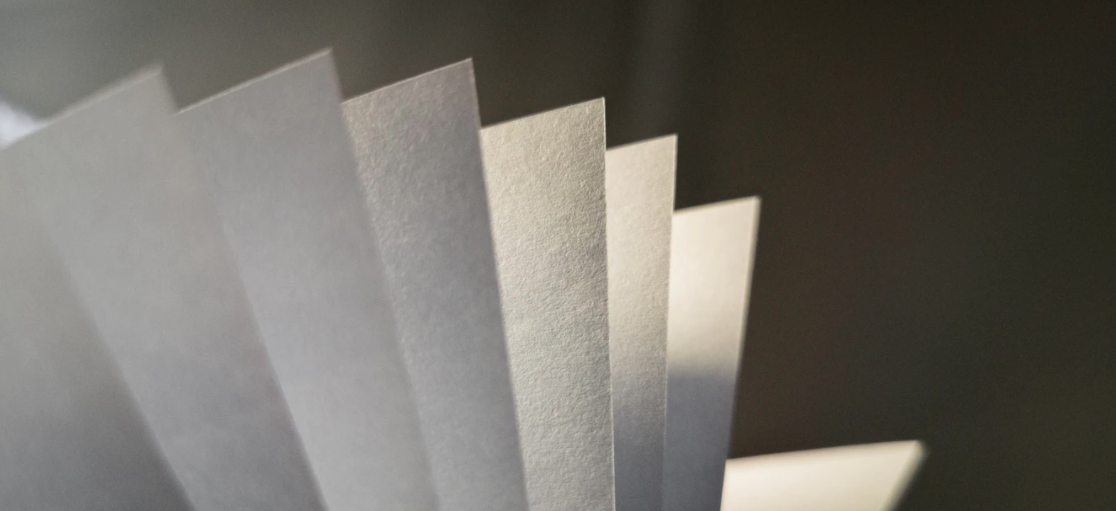Last month, the ministry of home affairs issued an advisory regarding Zoom – a popular video conferencing app – declaring it “unsafe” and vulnerable to unauthorised interception, and issued a set of guidelines for those who still wish/need to use it. With coronavirus enforcing lockdowns across the world, the ‘work from home’ culture has been booming, giving more business to apps like Zoom as people are taking more and more of their operations and deliberations online.
As schools and colleges remain shut, much of education has also shifted to video conferencing platforms like Zoom. While on one hand, this has allowed teaching and learning to continue, it has widened the gaps of class and caste. A lot of students are unable to partake in online lectures due to lack of access to computers, mobile phones and functional internet. Many are also held back from participating in lectures due to a lack of an optimal or enabling home environment.
In such a background, public universities such as the University of Delhi (DU) are contemplating conducting online examinations. With students coming in from various social backgrounds, from metropolitans and hinterlands alike, the university as a physical space provides an environment for holistic teaching, where people can, to a large extent, interact across various forms of pre-existing hierarchies and be made to feel equal.
While absurd suggestions such as responding to exam questions via video recordings have been shot down in staff meetings and scanning and uploading physical answer sheets for an ‘open book’ test is being contemplated, the idea of online examinations in itself is not only difficult to implement at the scale that DU demands, but will also serve to further alienate its disadvantaged students. It is unfortunate that despite normalcy being on a halt, focus remains on productivity and timely results rather than reinvention of our current process of imparting education.
Also read: CBSE Called Lockdown ‘a Golden Opportunity For Education’: But For Whom?
As the yet-unresolved protests by the ad-hocs of the university tell us, there is already a profound lack of infrastructural resources in the university, and online examinations will have implications of quality both in terms of the students’ performance as well as that of their examiners, many of whom are likely to lack the technical acumen to work online.
Moreover, while apps like Zoom have been declared unsafe by the MHA, privacy-focused groups such as the Internet Freedom Foundation have raised alarm over the government’s own Aarogya Setu app – an initiative to tackle the spread of coronavirus which has seen several million downloads in the past few days – for its lack of transparency and its unclear scope of data collection.
Plainly speaking, its use could expand from usage in ensuring public health to conducting public surveillance. In addition to this, with the ongoing arrests of student and Dalit activists despite – or perhaps taking advantage of – the coronavirus lockdown measures, and with the memory of the Pegasus spyware scandal fresh in minds, students, and most people in general, may be wary of sharing their data online, fearing leaks and misuse. For a university to mandate online examinations, which mandate the sharing of a great degree of personal data, in such a scenario could therefore be all the more counter-intuitive; students from the humanities may feel especially vulnerable to the possibility of their responses to examination-related questions being used against them.
In general, social distancing and working from home come off as privileges of the middle and upper classes – for the working classes and the wage labourers, social distancing has been nothing but a detriment to a sense of dignity. It has been seen that some of our most essential services – groceries, medicines, and medical work – can not be taken online; the horror people express at the possibility of their medical data floating online can not be rationally countered as long as we lack complete online safety and accessibility.
Education, too, suffers from these limits, and is as essential as some other services if long-term impacts are being looked at. Further, control over personal data remains a matter of human right and human choice, and class and caste-based gaps pervade both in matters of having access to the internet as well as in choosing to use it. Whether or not all else is, education should be allowed to remain democratic no matter how great the crisis.
Vartika Rastogi is a Journalism student at Xavier Institute of Communications, Mumbai. She completed her graduation in English Literature from Hindu College, University of Delhi.
Ananya Bhardwaj is a post-graduate English Literature student at St. Stephen’s College, University of Delhi. She completed her graduation in English Literature from Hindu College, University of Delhi.
Featured image credit: kz/Unsplash

